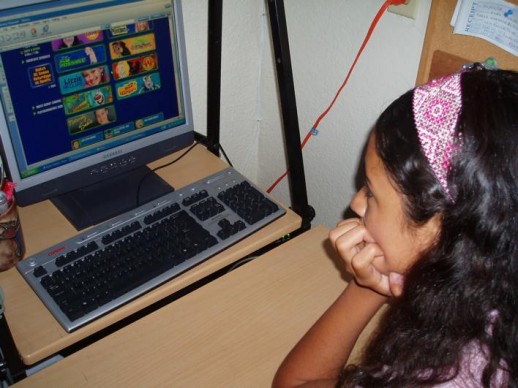Analysts and researchers are constantly studying how and why we all spend our time online, and how many hours of days—our lives, really—are spent surfing the net, viewing and reading content, buying, and interacting.
It’s a tremendous amount of needed information when you think about it—either socially, commercially, ethnographically, and politically, such studies are used and are useful to various organizations, brands, and entities, and where there is a need, there will be those enterprising companies that will provide for it.
Such is the case with San Mateo-based Integrated Media Measurement Inc. The company has launched a next generation media measurement platform to monitor consumer behavior across televisions, PCs, netbooks, and mobile devices. The company has been issued a U.S. patent for its proprietary mobile media monitoring and measurement platform, which uses an audio matching technology to passively gather data about panelists’ media consumption…
IMMI is banking on trends in current consumption to attract the deep-pocket clients who are concerned with online consumption., especially when it comes to enter(info)tainment. IMMI contends that average amount of time consumers are spending per day on a PC is almost twice as much as they are spending viewing TV programming or reading newspapers, books, etc. During November, 2009, respondents spent an average of two hours/day watching TV but an average of 4 hours/day online.
Think about it—4 hours a day is a significant amount of time. It’s half a work day. It’s the average free time most have when coming home from work and going to bed. Such data tells us a lot about the trends going on out there; such data helps us in the marketing on how to attract consumers’ precious time o our brands and services.
Why should a consumer spend, day, half an hour on your website rather than the competition? That’s always the trick, and it’s an issue that the team at Ninthlink is always discussing and planning for our clients. It’s important to an analyze the online behavior of a targeted audience and/or consumer. It’s valuable to understand how and why online time is relevant to a consumer’s life, and how and why a brand, product, or service is relevant to that consumer’s life—and if it’s not, how do we make our product/brand relevant?
And this is why Ninthlink has bee exploring ethnographic studies of consumer (and human behavior online—to better understand the current and potential audience out there, and how best to address their needs and interests for our clients. This will ensure the 300% ROI we strive for.
We will be talking more about the process and variety of online ethnographic studies—one of the hottest trends going on in marketing right now—in future posts.
[image courtesy of macfound.org. Please email or write in comment box if if you feel any part of this post needs to be removed]

